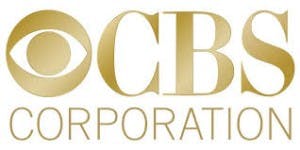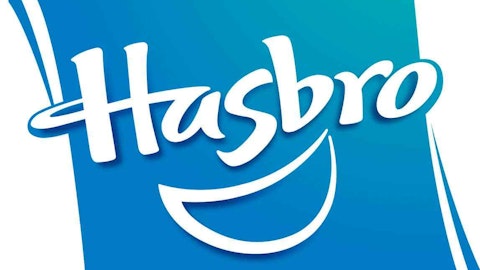
The broadcast networks claim that they are still confident of winning in court when the lawsuit goes to a full trial. Nevertheless, at least two of the networks are starting to make backup plans. Executives for Fox and CBS Corporation (NYSE:CBS) have stated that they may stop broadcasting over the air if the courts do not force Aereo to shut down. This could mean that the 11 million households who rely on broadcast TV rather than a pay-TV service will soon be left out in the cold. What is the likelihood that the TV networks will follow through on this threat?
The Aereo business model
Whereas cable and satellite TV providers are required by law to pay fees to the broadcast networks for the right to retransmit their programming, Aereo’s service is designed to get around this requirement. Aereo designed tiny TV antennas that are placed on circuit boards in data centers. Users of the service are given control of an antenna when they sign in and can tune into any of the available broadcast stations and receive the video stream over the Internet. Aereo also includes a DVR service that allows users to record shows and watch them later (the functionality also allows users to pause or rewind shows they are watching “live“).
Aereo thus appeals to people who want to watch live network TV on mobile devices as well as people who cannot get a good broadcast signal for their regular TVs (although you have to live within the official broadcast service area to use Aereo’s service). Essentially, it allows you to outsource the antenna reception necessary to receive broadcast TV, while also layering on DVR functionality.
Is Aereo a threat?
At first glance, it may seem odd that the major networks are up in arms over Aereo’s service. After all, the networks are already broadcasting their content for free. Aereo is just allowing users to get that content without installing a bulky antenna, while also enabling users to watch TV “anywhere,” including on mobile devices. The problem for the networks is that pay-TV operators have to pay retransmission fees in order to offer broadcast networks on their services, whereas Aereo is free-riding. As a result, the TV networks are worried that cable providers and other pay-TV services will create Aereo-like setups as a pretext to stop paying retransmission fees.
It is not clear just how much money is potentially at stake. The district court judge who ruled in favor of Aereo last summer agreed with the networks that the retransmission fee revenue stream totals “billions of dollars.” On the other hand, broadcast-TV stations generally receive a retransmission fee of just $1 to $2 per household, according to Bloomberg. Given that there are just over 100 million U.S. households with some variety of pay-TV (cable, satellite, or telecom), it is hard to reach a figure beyond $1 billion to $1.5 billion in industrywide retransmission fees. This picture is further complicated in the case of Comcast, which owns a major network (NBC), but also operates the largest cable service in the U.S., with nearly 22 million TV subscribers. Comcast could potentially save hundreds of millions of dollars in payments to other broadcasters if it could avoid paying retransmission fees. It is quite possible that this would fully offset any loss of revenue for the NBC subsidiary.


